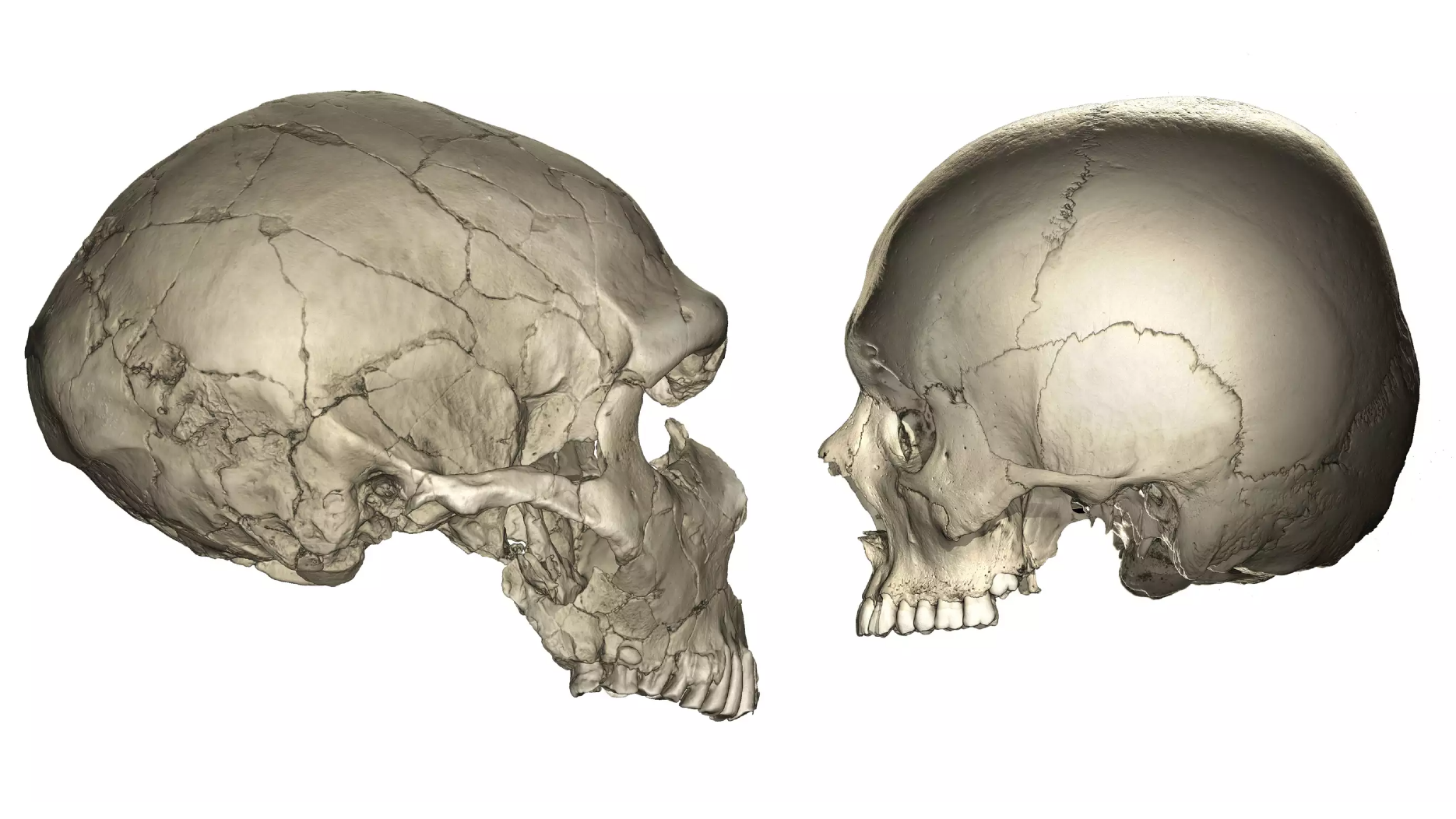Now Reading: Rare Metabolic Disorder Causes Sweat to Smell Like Rotten Fish
-
01
Rare Metabolic Disorder Causes Sweat to Smell Like Rotten Fish
Rare Metabolic Disorder Causes Sweat to Smell Like Rotten Fish

Fast Summary
- Disease Name: Trimethylaminuria (TMAU), also known as “fish odor syndrome.”
- Affected Population: Rare metabolic condition more commonly affecting women, potentially exacerbated by female sex hormones; prevalence estimates range from 1 in a million to 1 in 200,000 globally.
- Causes: Caused by mutations in the FMO3 gene, leading to the inability to break down trimethylamine (produced from gut bacteria digestion of certain foods like eggs and seafood). Less commonly linked to dietary intake, liver failure, or hormonal changes.
- Symptoms: Persistent or intermittent strong fishy odor due to buildup of trimethylamine in sweat, urine, and breath; worsened by stress and diet.
- Impact: Non-lethal but greatly affects social life, careers, and mental health; can lead to depression or anxiety.
- Treatment Options:
– Dietary adjustments (avoid trimethylamine-rich food such as seafood).
– Use of acidic soaps/shampoos and antiperspirant; stress management advised.
– Prescribed low-dose antibiotics or activated charcoal may reduce gut bacterial activity.!Image of man touching a sweat patch under his armpit
!Plate with grilled shrimp meal
Indian opinion Analysis
trimethylaminuria highlights how rare genetic disorders can substantially impact an individual’s quality of life despite being non-life-threatening. For India-a country with diverse genetic pools due to its large population-awareness about such conditions is essential for early diagnosis and management. While prevalence data on TMAU is scarce globally, India must ensure availability of diagnostic tools for rare diseases through public health initiatives.Social stigma attached to odor-related symptoms might play a larger role in Indian societal contexts where acceptance challenges persist. Public education campaigns encouraging empathy toward patients could mitigate mental health risks posed by isolation or bullying. Moreover, strengthening access to affordable treatments-dietary counseling services especially-could improve patient care comprehensively.
India’s focus on expanding genomic research through institutions like CSIR could help identify genetic predispositions among Indian populations while aiding advancements in personalized medicine aimed at conditions like TMAU.


























